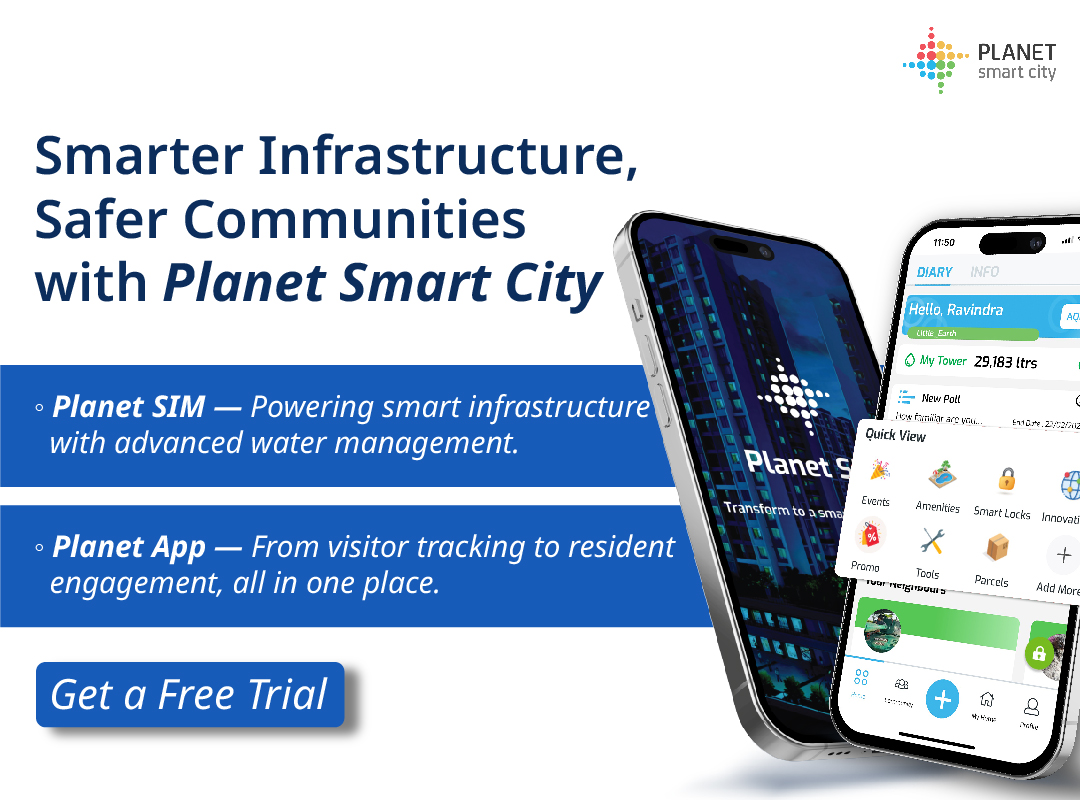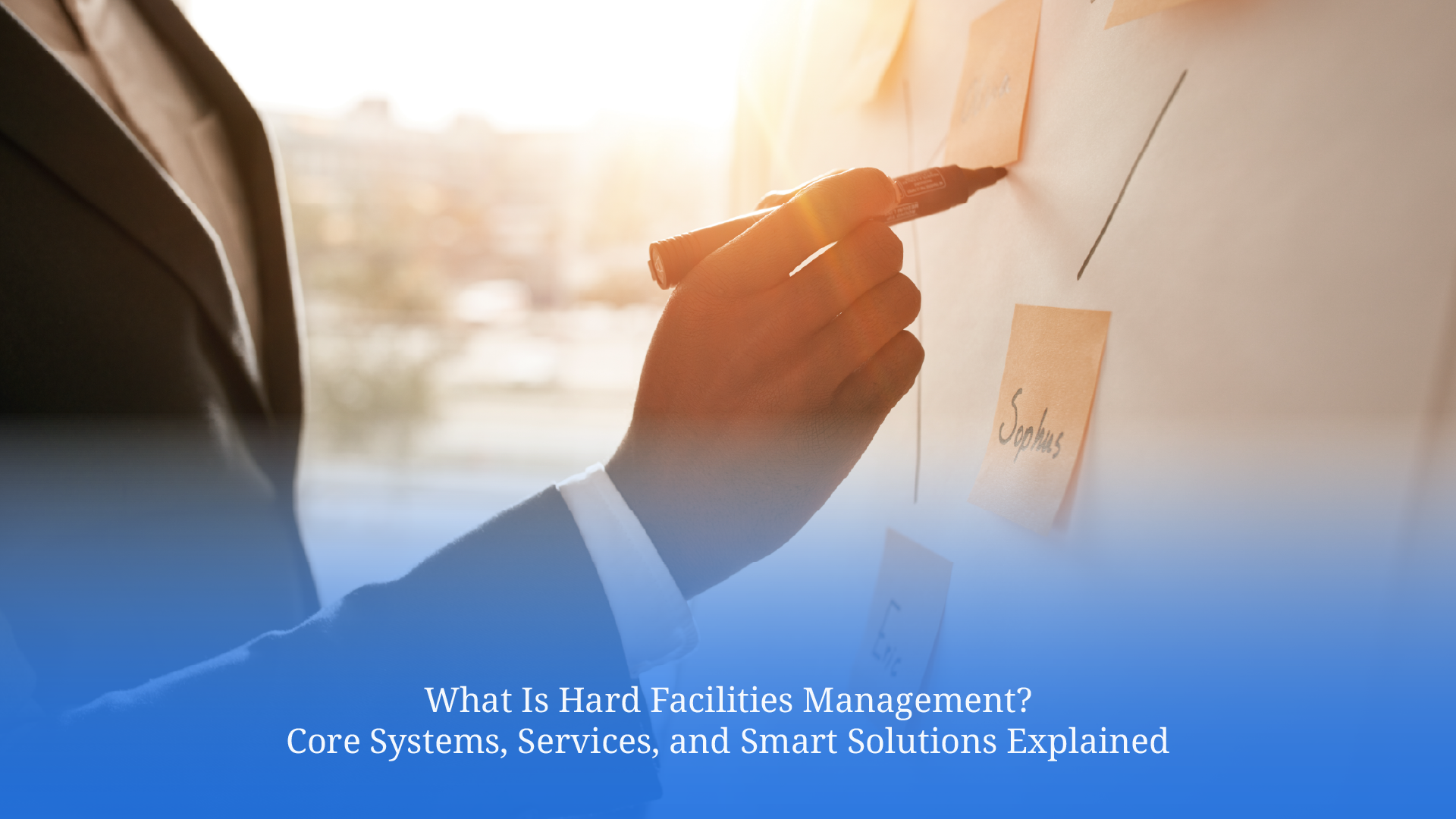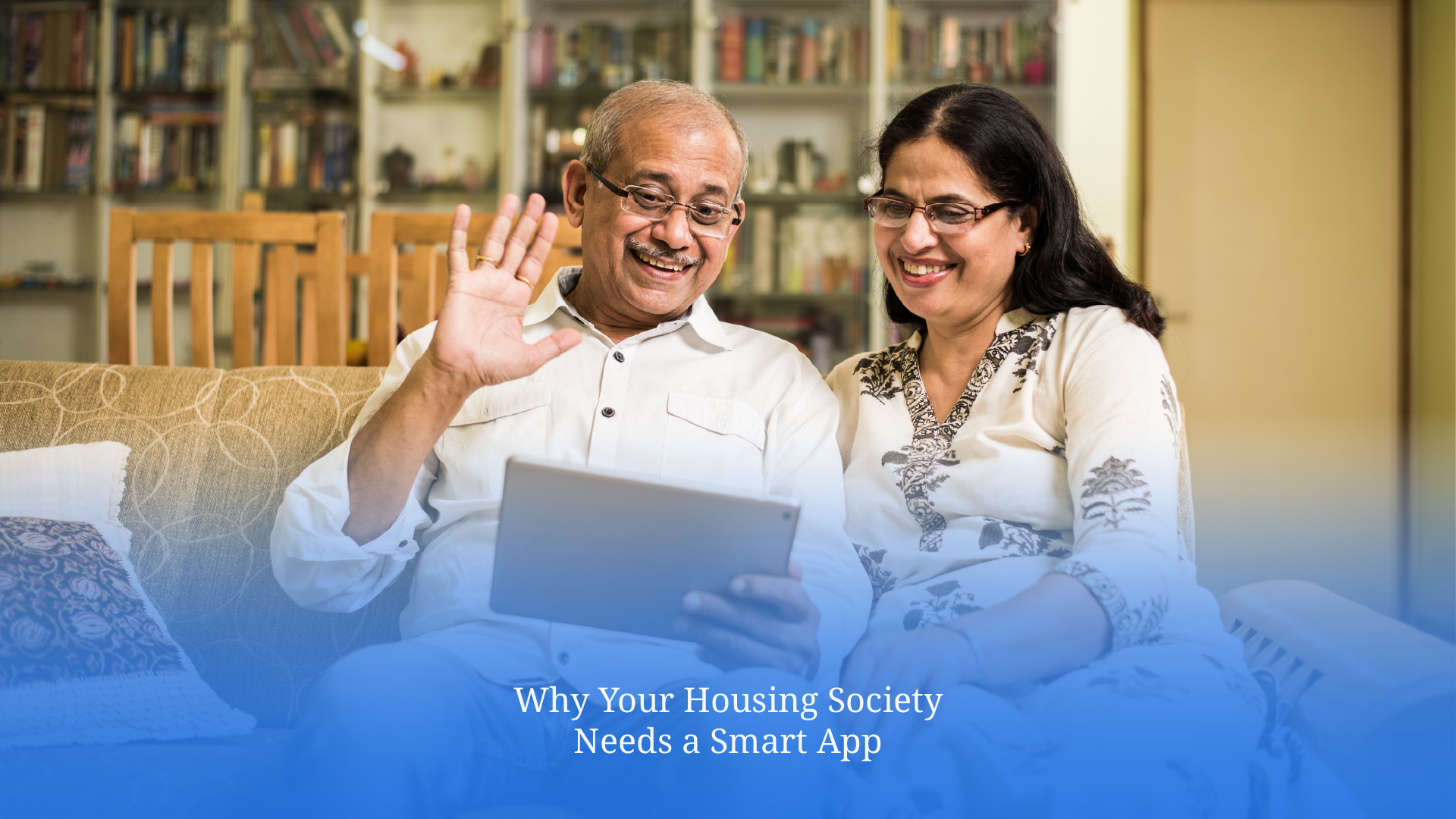Society vs. Community – A Traditional Perspective

To understand the difference between society and community, let’s first look at the traditional definitions.
A society refers to a larger, organised group of people bound by common laws, systems, and structures. It includes all individuals living in a given area, sharing common economic, social, and cultural practices.
A community, on the other hand, is more intimate. It’s typically a group of people who live close to each other, often tied by shared interests, values, and personal connections.
When we talk about society vs community, we’re talking about size and scope. A society is vast and all-encompassing, while a community is more localised and personal.
So, what is the difference between society and community? In short, a society is like the big picture, while a community zooms in on the details of smaller, more intimate connections.
How Smart Technologies Are Reshaping Society and Community
Imagine a city where traffic flows seamlessly, resources are managed efficiently, and utilities like water and electricity are optimised with a touch of a button. That’s the power of smart technology in action. At the societal level, these technologies are transforming the way urban spaces function.
- Energy management: Smart grids and meters monitor energy consumption in real-time, optimising distribution and balancing supply with demand to prevent inefficiencies.
- Resource management: Automated systems control street lighting, water usage, and waste management. These systems aim to reduce manual intervention and increase efficiency. For instance, automated waste management systems ensure minimal disruption by seamlessly handling city waste, but they rely on robust infrastructure and consistent connectivity.
Societies focus on macro-level improvements. Communities benefit from smart technologies in more localised, personal ways. Technology enables local groups to connect, share resources, and enhance daily living experiences.
Here’s how smart technologies are empowering communities:
- Local collaboration: Platforms allow neighbours to share tools, plan events, and communicate in real time. Imagine using an intuitive touchscreen interface to reserve shared community resources—smooth, responsive, and hassle-free.
- Enhanced safety: Smart security systems like cameras, motion sensors, and automated alerts help communities stay safe. However, these systems depend on connectivity and require careful attention to privacy concerns.
- Sustainable living: Communities can implement energy-efficient systems, like solar panels and water recycling. This not only reduces costs but also contributes to a greener environment.
By empowering individuals to act together, smart communities foster a sense of shared responsibility, making every member feel connected to the others.


How Smart Technologies Are Reshaping Society and Community?
The rise of smart cities and sustainable living has changed the way we look at the difference between society and community. The boundaries between the two are becoming increasingly blurred.
On one hand, societies are adopting smart technologies to manage vast urban spaces more efficiently. On the other hand, communities are leveraging these same technologies to create stronger, more connected neighbourhoods. The fusion of these two concepts is not just a trend—it’s the future of urban living.
What’s more exciting is the fact that both society and community can coexist and support each other. Cities can manage large-scale resources while encouraging personal connections between residents. Smart technologies make it easier to balance these two aspects, fostering a harmonious living environment that benefits both individuals and the collective.
Innovations like data-driven resource management, sustainable infrastructure, and advanced communication platforms are enabling societies and communities to work together seamlessly, but challenges remain. High costs, digital literacy gaps, and infrastructure limitations must be addressed to ensure inclusivity.
How Has Planet Smart City Bridged The Gap Between Society And Community?
Planet Smart City is at the forefront of this movement, blending the advantages of smart societies and communities. We provide cutting-edge solutions that enhance urban living experiences, both on a macro and micro level.
- Streamlining Community Services: By digitising booking amenities, raising maintenance requests, and managing community finances, Planet App streamlines operations and improves efficiency for both residents and community management.
- Local impact: On the community level, residents enjoy better safety, resource management, and personalised services. For example, Planet App offers these measures and more.
Through these features, Planet App transforms traditional societies into vibrant, interconnected communities, making urban living more connected, efficient, and sustainable.
The future of urban living is here, and it’s smarter than ever.




